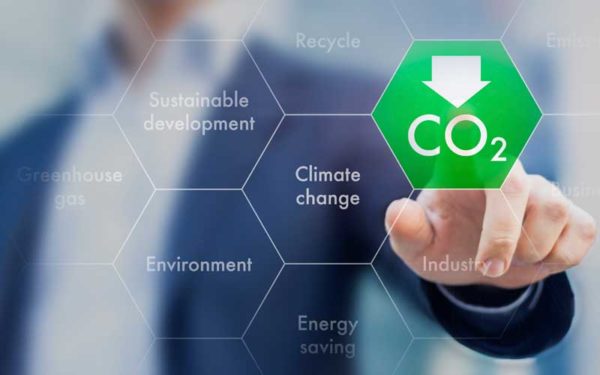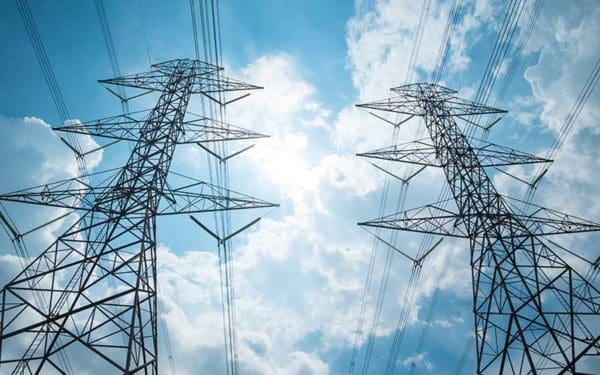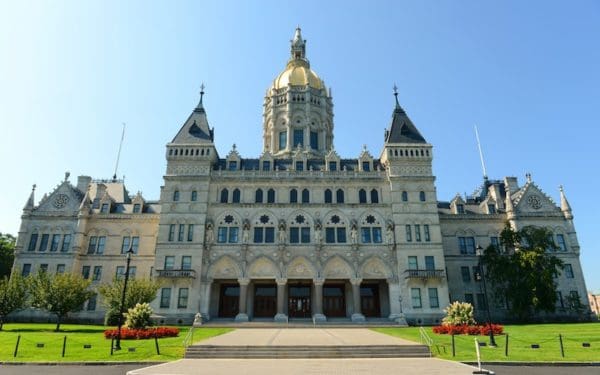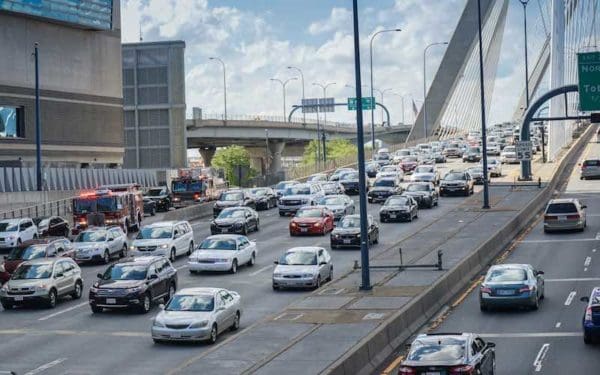Jan 21, 2022
A previous version of this blog was published in August, 2017 With the federal government stymied over any meaningful climate legislation, it’s up to the states to take the lead on curbing carbon pollution. Here in New England, such leadership is nothing new. Five New England states have climate laws in the books, mandating cuts… Continue reading Carbon Pricing 101
Jan 20, 2022
State officials recommend immediately downsizing and wrapping up a Connecticut plan to expand gas heat.
Jan 12, 2022
The state’s Public Utilities Commission recently reversed nearly a decade of progress on energy efficiency in the state.
Dec 27, 2021
When combined with traditional local agriculture, urban agriculture provides a unique opportunity to build and strengthen a robust local food system. This is especially true here in New England, where interest in local food is booming, but easy and affordable access to it is still limited, especially for low-income urban residents.
Dec 16, 2021
“The actions announced today give Connecticut’s communities vital new tools to combat climate impacts,” said CLF attorney Shannon Laun. “We know this crisis won’t affect everyone equally, so the Governor’s focus on environmental justice and equity is absolutely critical. We’ll be pushing our leaders to go further by strengthening climate targets, adopting stronger vehicle emissions standards, accelerating the transition to electric vehicles, and rapidly phasing out fossil fuels.”
Dec 10, 2021
“The PUC has dealt a devastating blow to New Hampshire families, businesses and our planet,” said CLF Attorney Nick Krakoff. “Energy efficiency programs help us reduce our energy use, which means lower bills and less damaging climate pollution from fossil fuels. The absurd and arbitrary decision to do away with these popular programs must be overturned.”
Dec 07, 2021
As we reflect on what went wrong at last month’s global climate conference, we can find hope in everything we’ve accomplished in New England. Our fight isn’t over yet.
Dec 03, 2021
Vermont just released a roadmap to reach the targets of our Global Warming Solutions Act. Let’s dive into some of what it got right and what needs more work.
Dec 01, 2021
“The climate crisis is putting Vermont’s communities at risk as we speak,” said Elena Mihaly, Vice President of CLF Vermont. “The Climate Action Plan is a huge first step in slashing polluting emissions, building smarter, and prioritizing communities overburdened by climate impacts. We’ll be pushing to make sure the implementation of the plan prioritizes cleaning up our transportation systems and transitioning to truly clean heat and electricity. Our homes, land, and critical resources can’t wait.”
Nov 18, 2021
“TCI was never going to be enough to address the impacts and needs of the region’s transportation systems,” said Staci Rubin, Vice President of Environmental Justice at CLF. “Transportation is the largest source of planet-warming emissions in New England, and our current systems have overburdened communities of color with air pollution for decades. We must overhaul the way we move people and goods, and it must be done in a way that recognizes and addresses these historic inequities and brings everyone to the table in finding a solution. CLF will continue to work with impacted communities and our states to move that process forward.”










